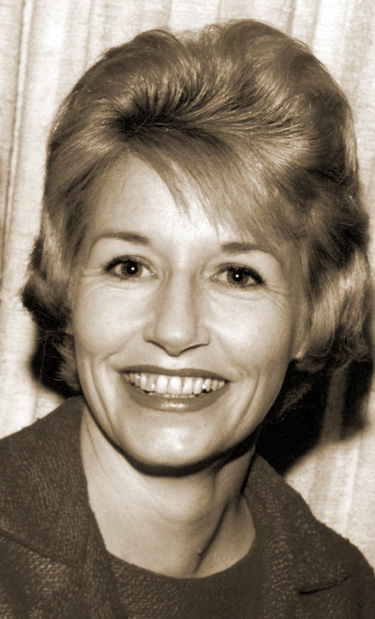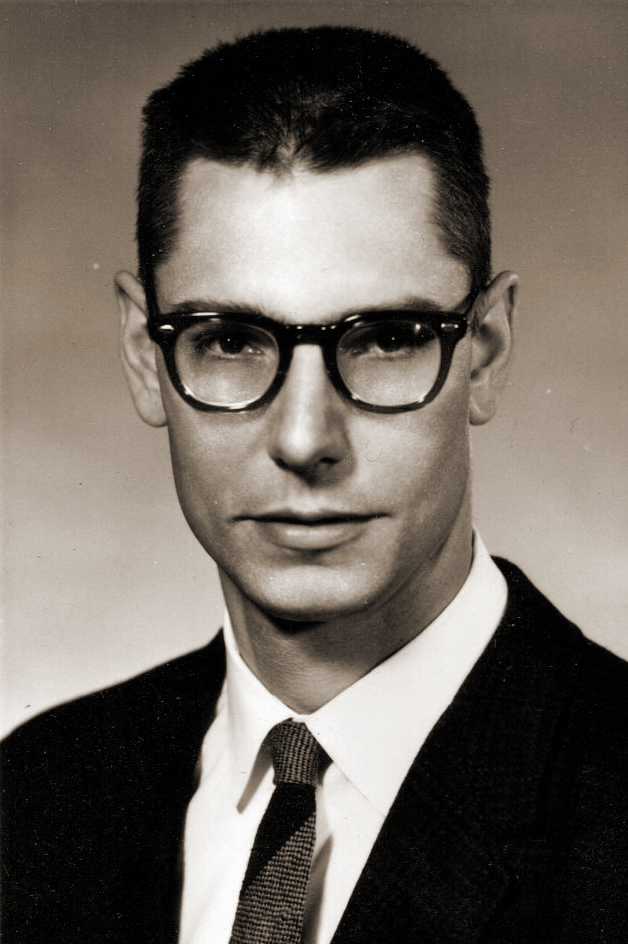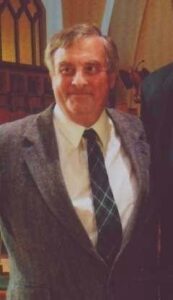Martha Bevis Papers

An important figure in building a network of antifluoridation activists, Martha Bevis was born in North Carolina in 1927 and lived most of her adult life in Houston, Texas. She worked on the staff of Senator Lyndon Johnson beginning in the early 1950s, remaining with him through his period as Vice President. Always energetic, she was involved in a number of political and civic organizations, including those promoting natural childbirth and breastfeeding, but from the mid-1970s, she was especially associated with the antifluoridation movement. A founder of the Safe Water Foundation of Texas, she became a key litigant in a case seeking to block fluoridation of the water supply in Houston, and although the court ruled in 1980 that fluoride was harmful, it permitted the city council to proceed with fluoridation. From that point forward, she played a key role regionally and nationally as an organizer, researcher, propagandist, and funding source for the antifluoridation movement. Bevis died in Houston on April 22, 2007.
This massive archive stems from Martha Bevis’s role as a connector and mediator of information for the antifluoridation movement. Beginning in the 1970s, Bevis gathered, copied, and distributed huge quantities of information on the health effects of fluoride, legal strategies and cases opposing fluoridation of public water supplies, and the antifluoridation movement generally. Bevis maintained a regular correspondence with other activists and antifluoride organizations and played an important role in gathering and preserving the papers of other activists.




